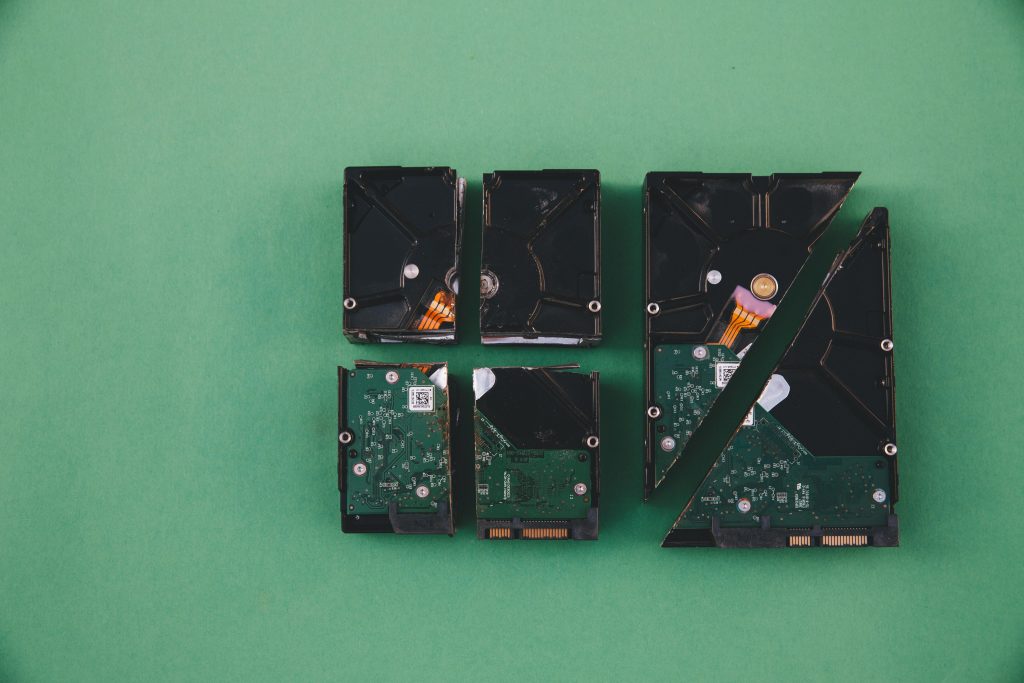Title: The Importance of Regular Server Maintenance and Upgrades
Today, we faced a significant challenge when a client’s server unexpectedly failed, leading to the loss of critical data. This situation serves as a crucial reminder of the importance of proactive server management, something we have emphasized to the client for the past three years.
The dual hard drives in the server, which had presumably operated beyond their optimal lifespan, ultimately succumbed to fatigue. The server’s indicators were so dim that I initially suspected they were malfunctioning. Even the warning light for the hard drives barely illuminated, a sure sign that the setup had been neglected.
In an effort to recover the data, I attempted to rebuild the RAID 10 array. Unfortunately, the extent of damage on the surviving drive rendered the task impossible. To complicate matters further, the last available backup was a mere two days old. While we are striving to retrieve the most critical files, we suspect the backup might also be compromised.
This server was operating on Windows Server 2008, necessitating the setup of a new Active Directory (AD) and the migration of all connected computers. This process will require a significant investment in labor and resources, ultimately costing the client more in the long run.
One must ask, was it prudent for the client to rely on a server that operated for three times its average lifespan only to lose weeks of productivity? The new server will require installation and testing, which means additional downtime.
The lesson here is clear: investing in regular maintenance and timely upgrades for your company’s primary server is crucial.
On a lighter note, I couldn’t help but notice that this server was in remarkably poor condition. It seemed like it could have benefited from a thorough cleaning—did someone perhaps smoke in the server room?
In conclusion, neglecting server upkeep can lead to severe consequences. Ensuring that your infrastructure is up-to-date not only preserves your data but also safeguards your company’s productivity. Don’t let a preventable situation lead to costly disruptions.
Share this content:



